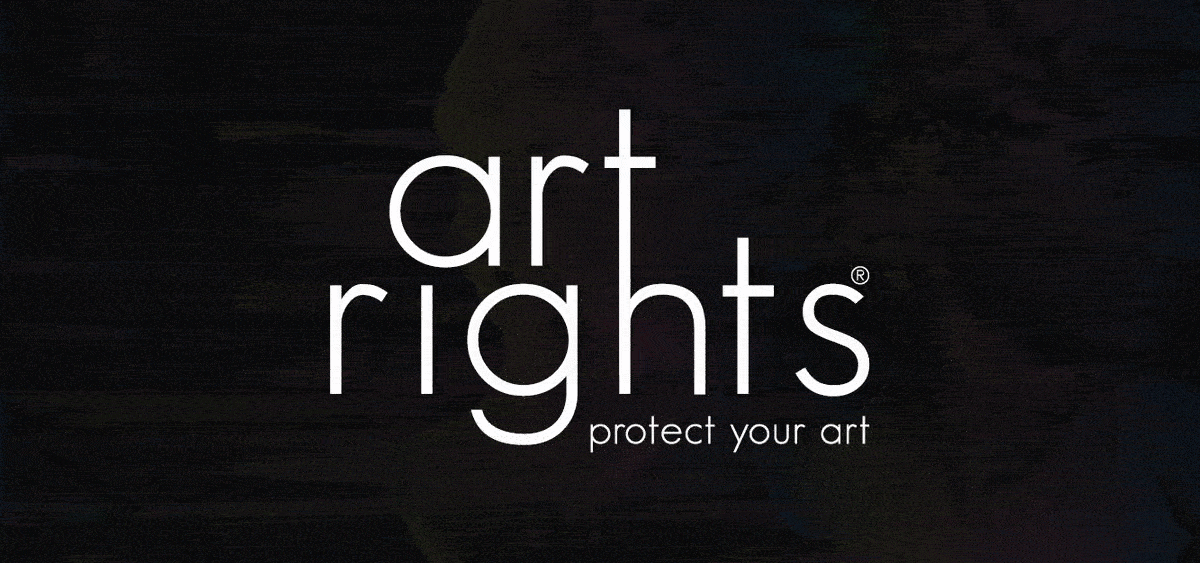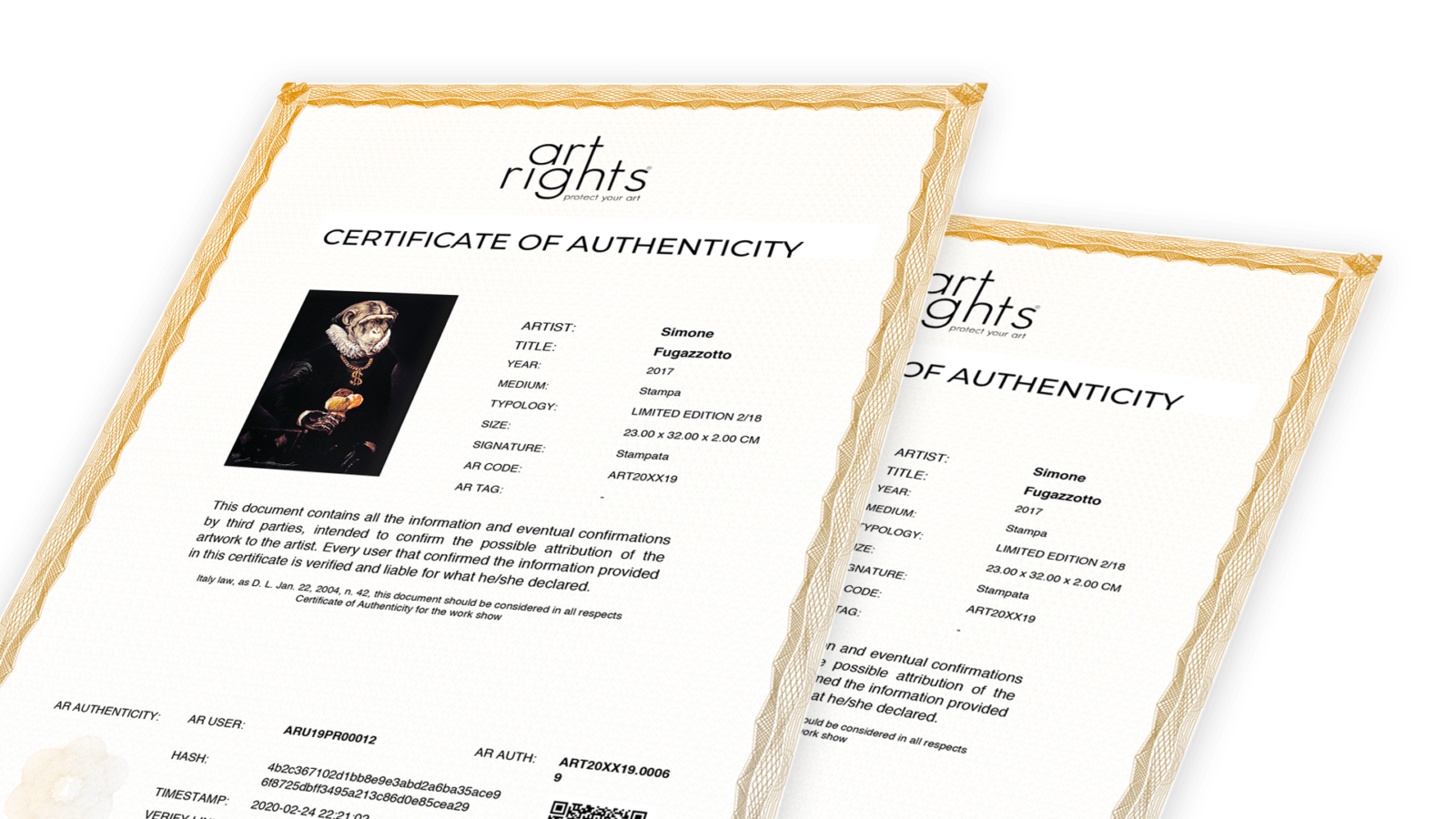ART DIGITISATION: LEGAL GUIDELINES TO RESTART
By Angela Saltarelli
The restrictions adopted in Italy for the containment of the Coronavirus pandemic and social distancing are speeding up the process of digitising art for museums, auction houses, fairs, galleries, artists and art operators.
it is essential to understand which guidelines to follow from a legal point of view, for the fruition, enhancement, promotion and sale of Art in full compliance with copyright provisions.
Please find here below the legal guidelines written by Avv. Angela Saltarelli, associate of Chiomenti Studio Legale.
MUSEUMS
Many museums – though already having their own websites where they made content related to their collection available to the public – have increased and are increasing the number of contents freely accessible by the public, implementing virtual guided tours, streaming conferences and podcasts, sharing videos and images also on social media.
We are witnessing an increasing digitization of museum content , which entails new legal problems with reference to copyright, the protection of cultural heritage, the protection of the image and of personal identity, to the protection of privacy . With specific regard to issues relating to copyright and cultural heritage, it should be noted in particular that:
– should the works of art belonging to the museum collection and/or the analog format content be digitized and reproduced online, the museum shall request and obtain due authorization from the copyright holders about this specific type of exploitation, unless it obtained it in advance;
– as to the artworks belonging to public museum collections, if they meet some legal criteria (i.e. works created more than seventy years ago from a non-living author) they shall be considered as cultural heritage. Therefore, for their reproduction, also in digital format, is required the payment of a fee pursuant to art. 108 of the Code of Cultural Heritage (Legislative Decree 42/2004) unless it is made for the purpose of enhancement and non-profit;
– as to online virtual exhibitions, it is necessary to obtain prior authorization from the copyright holder in order to digitally exhibit and reproduce the work. Likewise, it will be necessary to request authorization to the curator if the curatorial concept does not encompass such kind of exhibition method;
– as to the reproduction and distribution of videos, interviews or podcasts, the museum shall obtain due authorizations from the copyright holder and from the person portrayed during such videos or interviews.

AUCTION HOUSES, ART FAIRS AND GALLERIES
Due to the current global pandemic situation, many auctions and art fairs have been postponed or canceled in Europe, Asia and the United States, and many dealers and auction houses are therefore trying to strengthen their online sales channels.
In 2019, the online art market represented, according to 2020 Art Basel and the UBS Global Market Report 2020, 14% of the entire global market and, approximately 9% of the auctions carried out globally. The current pandemic has also led to and will probably lead to a change in the current concept of gallery and art fair, which are increasingly moving online for sale, offering viewing rooms and exhibitions online.
Considering the current situation, gallery owners and auction houses operating online should, for example:
– request the due authorizations for online reproduction of the works (e.g. for digital catalogues or virtual visits) to the copyright owners, in most cases through a collecting society (e.g. SIAE), and pay the due amount for this type of use;
– review their sales conditions by inserting “representation” and “warranties” clauses about providing customers with all documentation and information regarding the artworks offered on sale and their material conditions, taking into account the impossibility of a physical examination of the goods before their purchase;
– include clauses in the sale contract, providing dealers with an exemption of liability if the transport and delivery of the works are impossible due to restrictions of the current health situation and consequently review their insurance conditions checking that their coverage also applies to the current pandemic situation;
– ensure full application of the anti-money laundering measures introduced by the 5th Anti-Money Laundering Directive (2018/843), to ensure the correct execution of the transactions carried out online, in order not to incur in any penalties. Indeed, online sales allow to attract new customers with whom the operators have never dealt with, increasing money laundering risks and making a careful Customer Due Diligence necessary.
– comply with all requested policies for the protection of users’ privacy.
AUCTION HOUSES, ART FAIRS AND GALLERIES
In the forthcoming months in which social distancing will still be present, artists shall pay attention, inter alia, to:
– consignment and sale contracts, which shall have clauses to protect them if the counterparty fails or one of the parties is no longer able to fulfill its obligations, possibly providing for a grace period exempting the defaulting party from payment penalties for delays;
– the presence in contracts of force majeure clauses under which the party or parties unable to fulfill their obligations, upon the occurrence of a circumstance falling within this category of events, will not be considered in default. It will be necessary to establish whether the cases of force majeure listed in the contract have been indicated merely by way of example or exhaustively or even, there is a phrase in which events similar to those specifically listed are also included. If the law applicable to the contract is t Italian law, this question is not conclusive since articles 1256 and 1463 ff. of the Italian Civil Code provide that the event of force majeure assumes importance even if not provided for in the contract clause.
– issue the necessary authorizations to all operators who reproduce their works or their image for sale, communication or promotional purposes.






